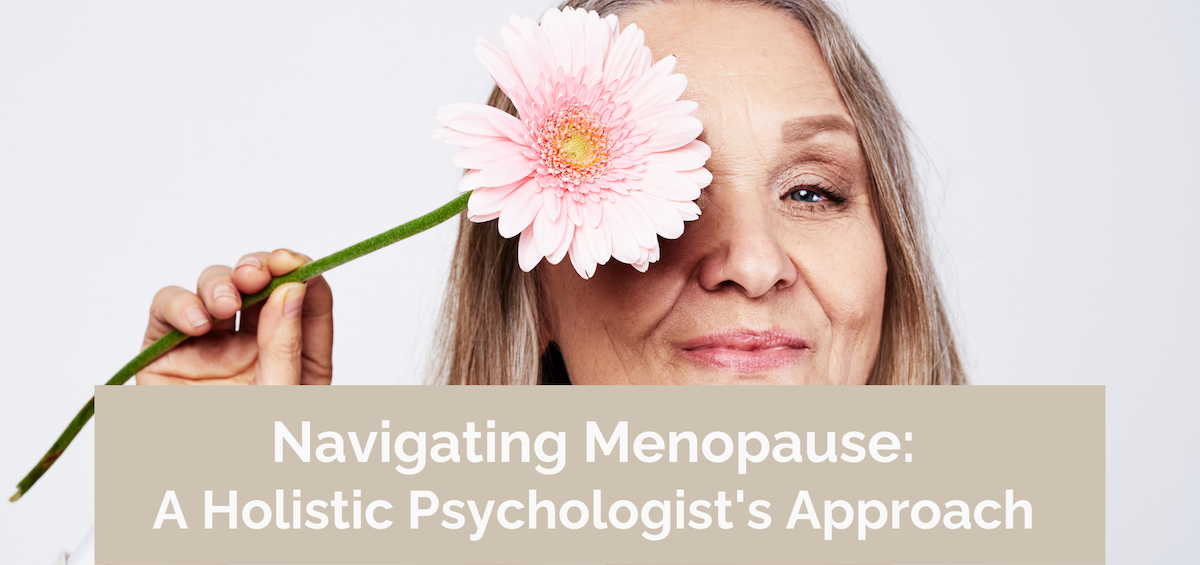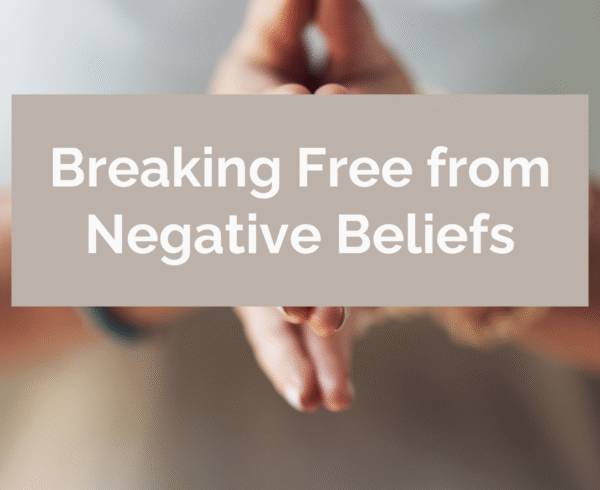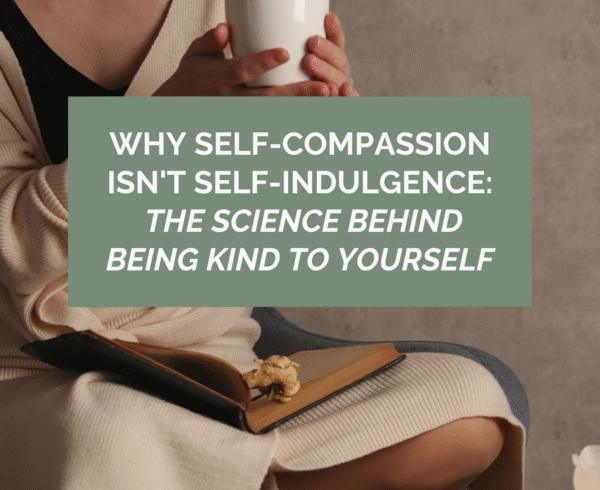Far from being an end, menopause marks a new beginning in our lives as women. The cessation of menstruation, despite involving a series of physical and hormonal transformations, opens the door to countless possibilities for enjoying a fulfilling life. It is a natural and biological change that we must confront as a transition to a new stage. A step that, above all, we must approach with a positive and proactive attitude to achieve the necessary emotional balance.
To take this step holistically, it is crucial to understand the impact of menopause and the changes it brings to our bodies. These changes are influenced by our hormones, which are responsible for a series of physical and emotional symptoms. Understanding these changes is essential for being prepared and able to manage them effectively.
The decrease in estrogen and progesterone, hormones that regulate various aspects of our body, causes symptoms such as hot flashes, insomnia, mood swings, vaginal dryness, and loss of bone mass. It is essential to emphasise that these changes, although they may directly affect our quality of life and feel overwhelming, are temporary and manageable.
Furthermore, the intensity and diversity of symptoms can vary considerably among us, and not all of us will experience menstruation cessation in the same way. Beyond physical symptoms, it is of paramount importance that we pay equal or greater attention to our emotional well-being.
Feeling irritable, anxious, depressed, and experiencing a decrease in self-esteem is common. Many women also worry about their sexuality and feel a sense of loss of youth. These feelings are entirely normal.
It is important to understand that menopause is a natural stage of life.
Achieving what we call “emotional resilience” involves rediscovering who we are and reaffirming our worth as women.
For this, my top four recommendations as a psychologist and sexologist include:
- Psychotherapy and other professional support: It is crucial to have support to accompany us in this transition stage. In situations where we cannot overcome feelings of discouragement and sadness, we should not hesitate to seek professional help. As a holistic wellness clinic who see many women at this stage of life, we can wholeheartedly say that we see amazing results with the combination of psychology and naturopathy support. Each of us experiences this change differently, and a qualified practitioner can offer us valuable tools to manage menopause.
- Stress management: Practicing techniques such as meditation, yoga, or regular exercise can help us reduce anxiety levels and improve our mood during menopause.
- Communication and support network: Sharing our feelings and sensations with friends who have gone through menopause or are experiencing it at the moment can be of great help in empowering ourselves. Local and community groups and workshops are another way to connect with like-minded women.
- Self-care and self-love: At this stage, it is important to give ourselves more time to pamper ourselves and be kind to ourselves.
Menopause is a journey, and it is essential to be patient and compassionate with the emotional ups and downs we experience.
In addition to this emotional impact, some women may also experience physical changes in their bodies that ultimately influence their emotional well-being.
The decrease in estrogen levels causes vaginal dryness, which can make sexual intercourse uncomfortable or painful, affecting intimacy in the couple and the woman’s self-esteem.
There are also women who experience urinary incontinence or recurrent urinary tract infections during menopause, which can generate stress and concern. Other problems include muscle and joint pains. Additionally, it is quite common for women going through menopause to experience changes in weight and distribution of body fat, as well as drier skin.
Despite all this, as women, we must be aware that it is natural to experience these types of processes and that we have the tools to face them without major problems.
Menopause is not a sentence. It is simply a change in our lives that must be approached comprehensively and with strategies that help us maintain emotional balance.
0











Leave a Comment